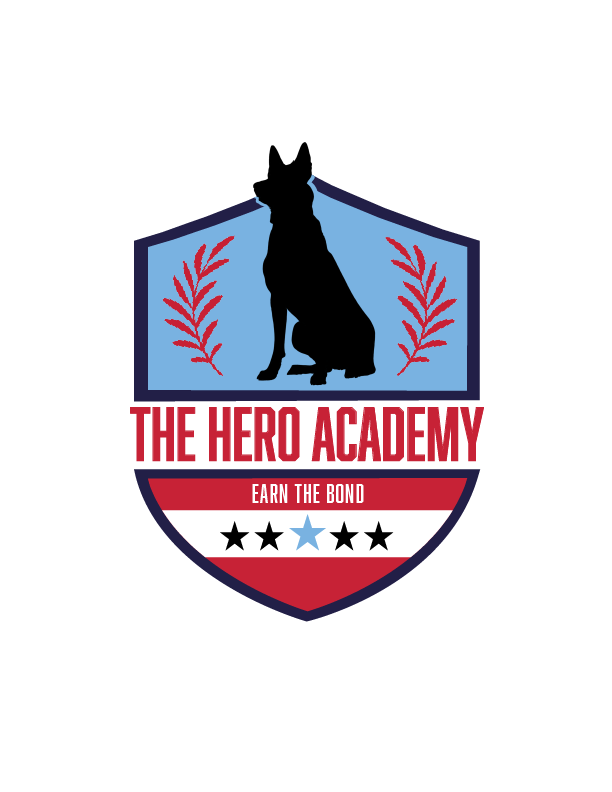OUR STORY
HOW ARE YOU DOING?
A CAREGIVER SUPPORT NETWORK
For most of us, living with someone who has PTSD/TBI or who has experienced MST, the world becomes much smaller. We focus on doing all we can to ensure our other half is protected from the triggers that can make a relatively calm day fall apart. Most of us quit accepting invitations out – maybe because it will be too loud, or too many people.
We inadvertently isolate ourselves.
We pull away from friends.
As family members of veterans with these diagnoses, we understand all of this. Which is why Dog Tag Buddies & Adaptive Performance Center are teaming up to create a caregiver support network.
We want to create an educational and fun opportunity for caregivers, spouses, and significant others to participate in. Our goal is to create a space where we support each other and engage in healthy and healing activities. The focus will be to build new friendships, learn about hidden injuries, provide tools to help family units learn to be more resilient in the face of these challenges, and most importantly, have fun!

Frequently Asked Questions
WHAT IS QPR?
QPR stands for Question, Persuade, Refer – the three core steps to this specific approach of suicide prevention and awareness training.
BASIC PRINCIPLES OF QPR
The foundation of QPR’s effectiveness is based on the belief, and growing research, that those most-at-risk for suicide do not self-refer. The mission to locate these at-risk individuals, identify their suicidal communications, and get them the services they need is at the heart of QPR.
QPR AND CPR
QPR – mirrored after the commonly known acronym, CPR – shares more similarities with this life saving medical intervention tactic than initially thought. QPR is an “emergency mental health intervention” ultimately aimed to identify and effectively interrupt a crisis and direct that person to proper care resources.
Like CPR, QPR follows the Chain of Survival elements that CPR does.
Early Recognition: The sooner warning signs are detected and help is provided, the better the outcome of a suicidal crisis will be.
Early QPR: Asking someone about the presence of suicial thoughts and feelings opens up a much-needed dialogue that may lead to someone actually seeking and finding help.
Early intervention and referral: Referring a person in crisis to legitimate, helpful local resources or even the nationwide suicide crisis hotline (1-800-273-TALK) is critical for effective QPR intervention.
Early Advanced Life Support: Early detection and action results in better outcomes for the person in crisis and community as a whole.
Follow us on Instagram



